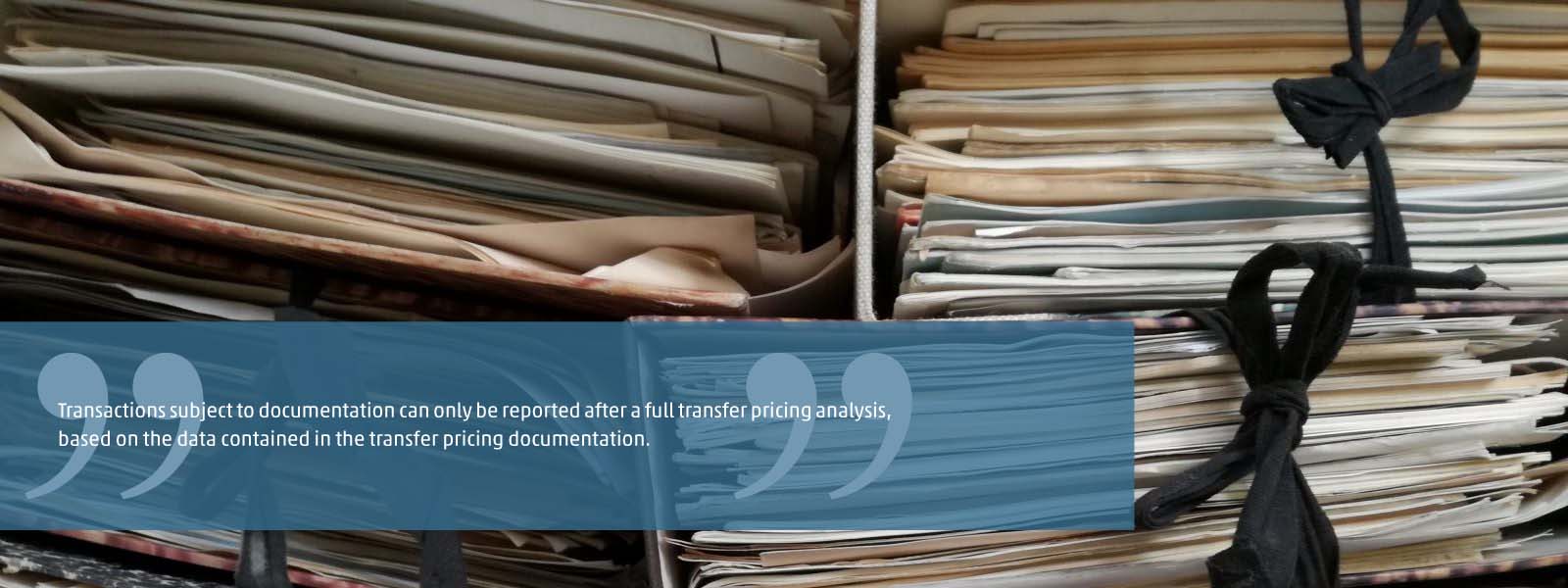In previous articles we discussed the new data reporting obligation for corporate tax returns. With a view to facilitating transfer pricing reporting properly, the Hungarian Ministry of Finance has published a 25-page document (in Hungarian language) which will help taxpayers comply with the law – in addition to the instructions for completing the ATP-01 and ATP-KV forms of the corporate tax return already published by the Hungarian Tax and Customs Administration. In this context, below we have compiled 5+1 points to bear in mind when fulfilling your obligations on controlled transactions as we move through the busy spring.
1. Series of tax obligations
Taxpayers have multiple tax obligations to fulfil in relation to controlled transactions. These include, for example, the obligation to report related company status or the termination of such, the obligation to report cash payments or to prepare transfer pricing records, or the tax base adjustment obligation owing to transfer pricing. This list has now been extended with a new obligation: transfer pricing reporting.
In relation to a given controlled transaction, compliance with these tax obligations must be examined separately, i.e. to establish which of them must be complied with, and whether any of them need fulfilled. For example, whether the related company is registered, whether the transaction was carried out on market terms (it can happen that the taxpayer is not obliged to file documentation, but is obliged to adjust the tax base), or whether and to what extent data must be reported.
2. Transactions to be reported as part of transfer pricing reporting
A transaction subject to documentation shall always be subject to full transfer pricing reporting, but some transactions not subject to the documentation requirement may also still have to be reported, albeit with a reduced level of data. Examples of such partially exempt transactions include transactions carried out under a contract with a private individual who is not self-employed, the free transfer of cash, or the re-charging of costs. For the latter, a transitional rule temporarily grants full exemption for 2022, provided that the transaction is also exempt from the documentation obligation.
However, a transaction that is the subject of an APA decision (advance pricing agreement) must be reported in full, even though such a transaction is exempt from the transfer pricing documentation obligation.
However, there is no transfer pricing documentation or transfer pricing reporting obligation for transactions below HUF 100 million per year or for stock exchange transactions.
3. Aggregating transactions (or not)
The relevant legislation in Hungary previously allowed for (or in some cases essentially required) aggregation in fulfilling documentation obligations for controlled transactions. Aggregation is contingent upon not jeopardising comparability, the subject-matter of the contracts being identical, and all the material terms of their performance are fixed in advance and the same, or any differences between the terms are not significant or are closely connected.
Having said that, a new paragraph was added during the latest amendment to the transfer pricing regulation that purchases cannot be aggregated with the sale of goods manufactured from the materials purchased, nor can a transaction involving expenses be combined with a transaction primarily involving revenue. The Hungarian Ministry of Finance also reflects on this in its recently published information: this addition was necessary because, in their experience, the sale of manufactured products and the purchase of raw materials are sometimes combined for example, despite this practice infringing upon comparability.
It is important that the transfer pricing reporting should show cash pool deposits and the borrowing part separately. This is also confirmed by the Hungarian Ministry of Finance as regards aggregation in the context of cash-pooling.
4. Name of transaction
It is definitely recommended to coordinate the data reporting by related companies in cases where the parties concerned are obliged to report data on the given transaction in their corporate tax return. However, it is not recommended to copy the data reporting sheet as is. For example, the name of the transaction can often differ for the parties on both sides of the transaction, because the name of the transaction also essentially indicates the role of the reporting taxpayer in the transaction (for example, one party performs the service while the other party uses it).
5. Designating activity code
If the reportable transaction is for manufacturing, distribution or services for example, the most typical TEÁOR code must also be included in the return. This activity code does not necessarily coincide with the main activity or one of the registered activities of the reporting entity, or even of the enterprise on the other side of the transaction. So it is important to indicate the activity code that defines the related transaction in the reporting, and if more than one code is possible, then it is recommended to select the most typical one.
+1 The indispensable full transfer pricing analysis
Selecting the pricing method, designating the profitability indicator and determining the arm’s length range are undoubtedly the most essential parts of full transfer pricing reporting. It follows that transactions subject to documentation can only be reported after a full transfer pricing analysis, based on the data contained in the transfer pricing documentation.
The new information from the Hungarian Ministry of Finance primarily details what input the authorities expect for the individual points of the new transfer pricing reporting arrangement, and may provide basic support in completing the related forms of the corporate tax return. However, it is worth browsing through it in advance, when fulfilling the transfer pricing documentation obligation, and if you still have questions then our transfer pricing advisers are happy to help!











